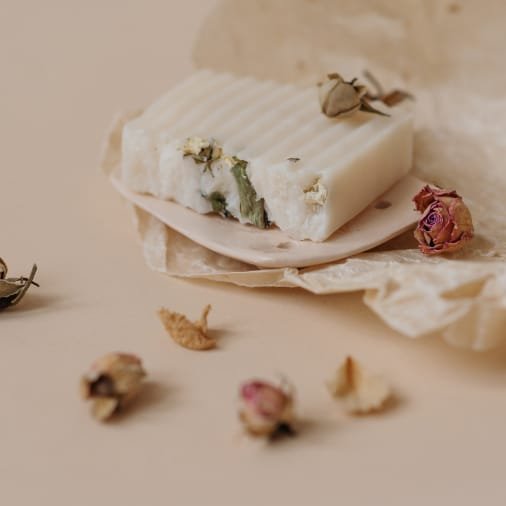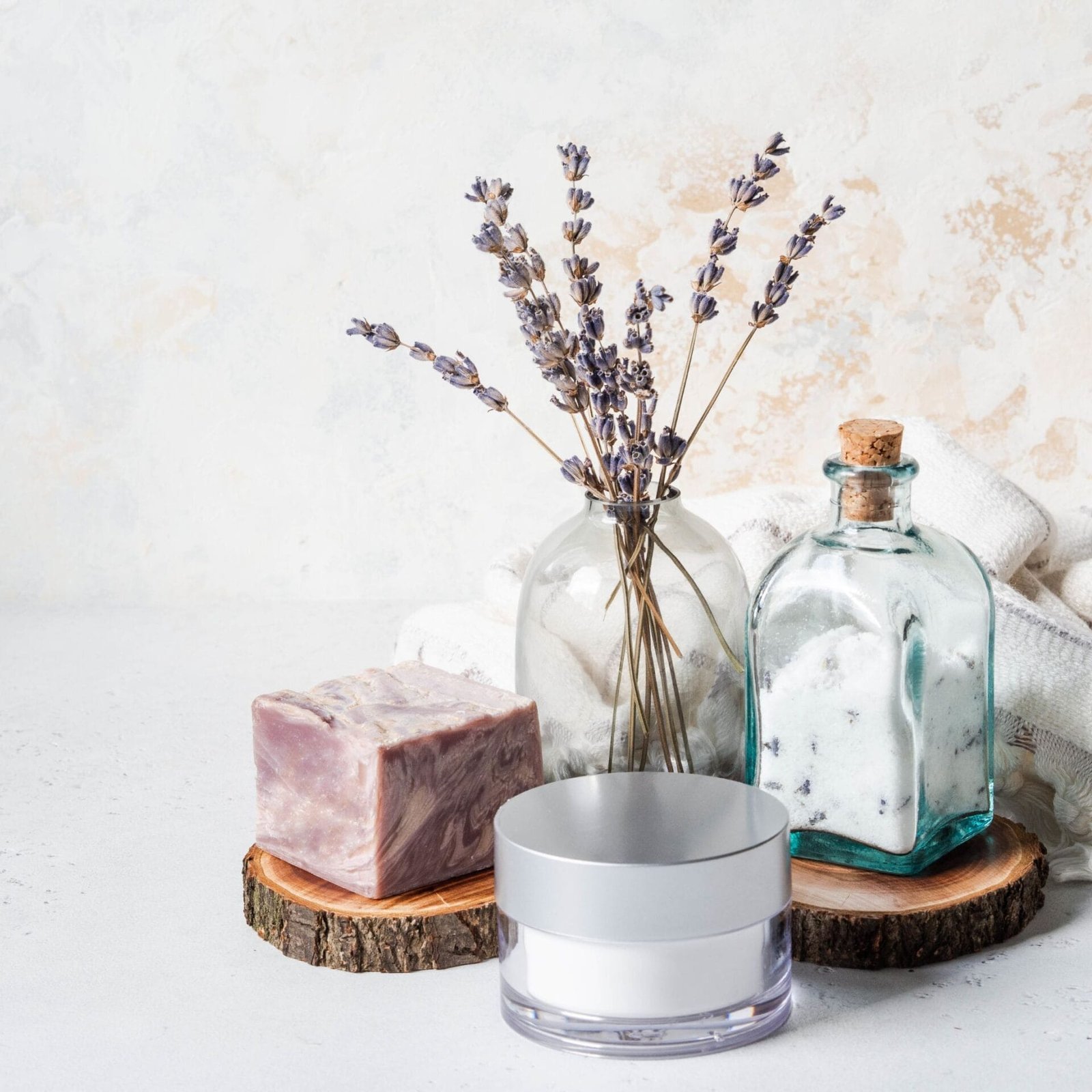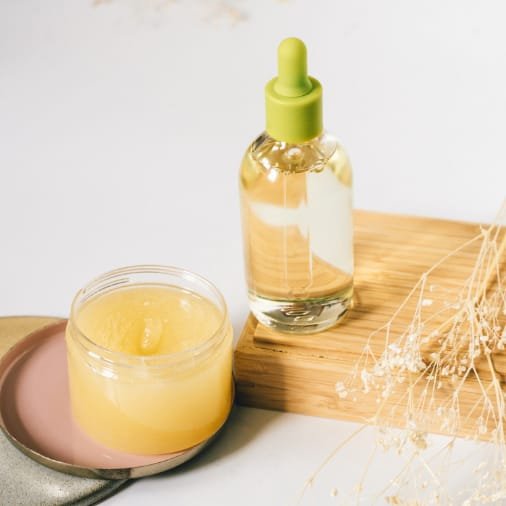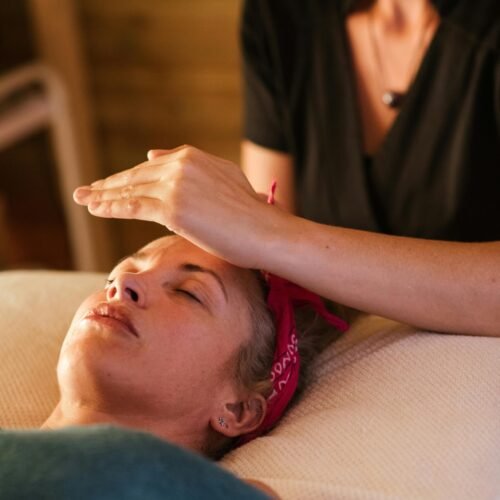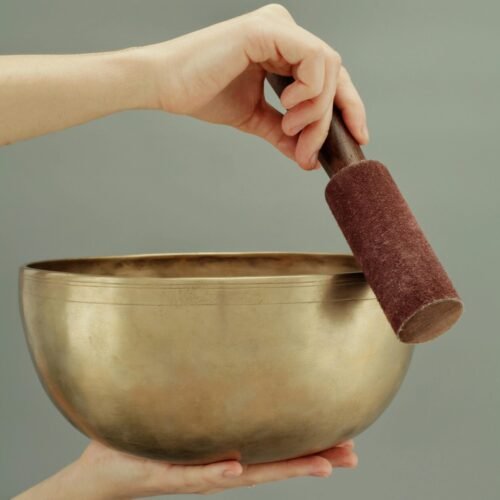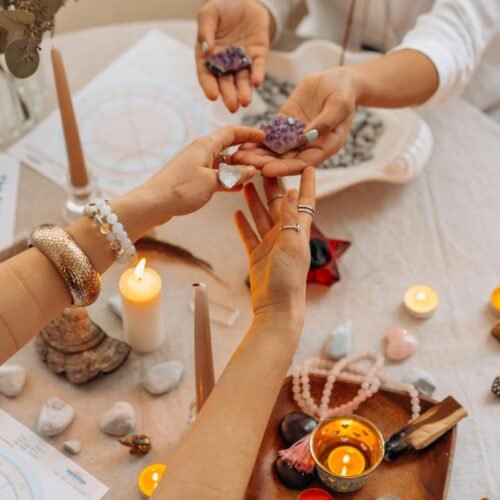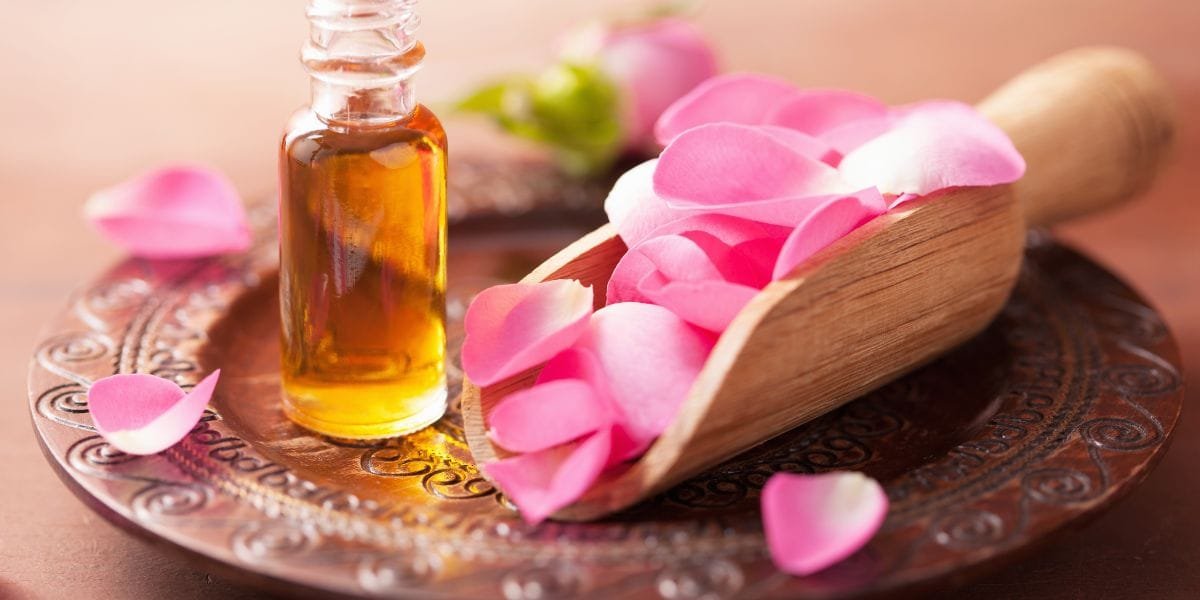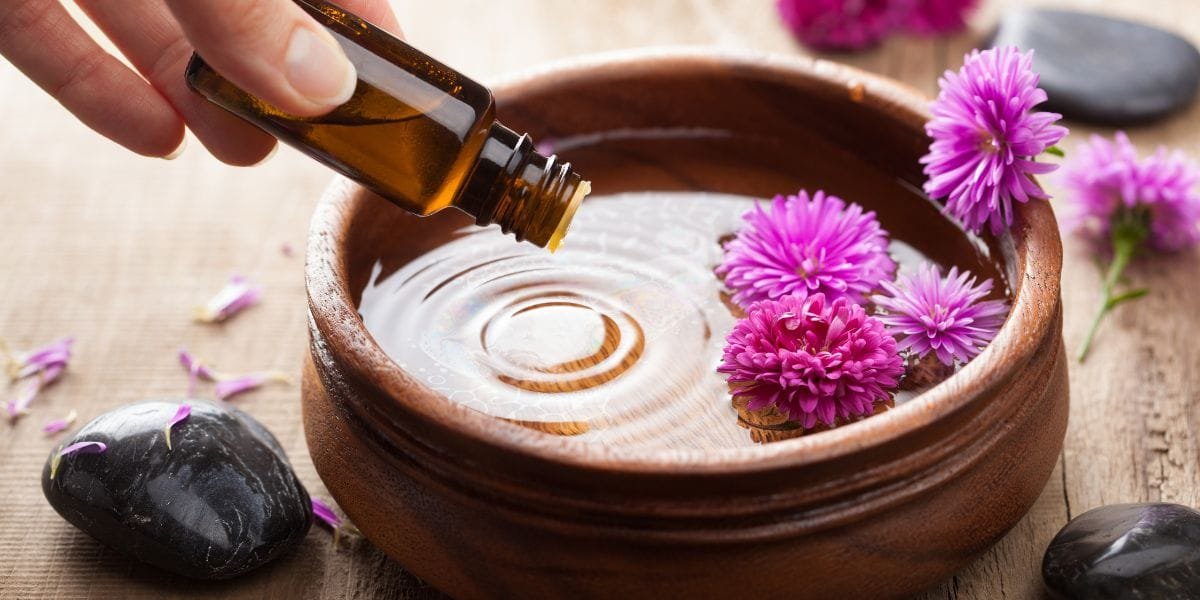No products in the cart.
Things to know before trying out Aromatherapy products
Aromatherapy involves using essential oils for therapeutic purposes to enhance physical and emotional well-being. If you’re considering trying aromatherapy products, here are some essential things to know:
1. Understanding Essential Oils
- Definition: Essential oils are concentrated extracts from plants, capturing the plant’s scent and beneficial properties.
- Common Oils: Lavender, eucalyptus, peppermint, tea tree, and chamomile are popular for their various benefits.
2. Benefits
- Physical Health: Essential oils can help with issues like headaches, muscle pain, and skin conditions.
- Mental Health: Aromatherapy can reduce stress, anxiety, and improve sleep quality.
3. Application Methods
- Diffusion: Using a diffuser to disperse essential oils into the air.
- Topical Application: Applying diluted essential oils directly to the skin.
- Inhalation: Directly inhaling the aroma from the bottle or using steam inhalation.
- Bathing: Adding essential oils to bathwater for a relaxing soak.
4. Safety Precautions
- Dilution: Essential oils should be diluted with a carrier oil (like jojoba, almond, or coconut oil) before applying to the skin to prevent irritation.
- Allergic Reactions: Perform a patch test to check for allergic reactions before widespread use.
- Pregnancy and Children: Some essential oils are not recommended for use during pregnancy or on young children.
- Internal Use: Avoid ingesting essential oils unless under the guidance of a qualified professional, as some can be toxic.
5. Quality of Products
- Purity: Look for 100% pure essential oils without additives.
- Source: Choose oils from reputable brands that source sustainably and provide information on the origin of their products.
- Packaging: Essential oils should be stored in dark glass bottles to protect them from light and degradation.
6. Storage and Shelf Life
- Storage: Store essential oils in a cool, dark place to maintain their potency.
- Shelf Life: Essential oils have varying shelf lives. Citrus oils generally last about 1-2 years, while oils like sandalwood can last up to 8 years.
7. Consulting with Professionals
- Aromatherapists: Consider consulting a certified aromatherapist for personalized advice and guidance.
- Healthcare Providers: Discuss with a healthcare provider, especially if you have underlying health conditions or are taking medications.
8. Combining with Other Therapies
- Holistic Approach: Aromatherapy can complement other therapies like massage, meditation, and acupuncture.
- Customization: Create personalized blends to address specific needs or preferences.
9. Potential Side Effects
- Skin Irritation: Redness, itching, or burning can occur if not properly diluted.
- Photosensitivity: Some oils, like citrus oils, can increase sensitivity to sunlight.
- Respiratory Issues: Strong scents may trigger asthma or respiratory issues in sensitive individuals.
10. Environmental Impact
- Sustainability: Choose brands that prioritize sustainable harvesting and production practices to minimize environmental impact.
By understanding these aspects, you can make informed decisions and safely enjoy the benefits of aromatherapy products.
Nature always wears the colors of the spirit.
Ralph Waldo Emerson
